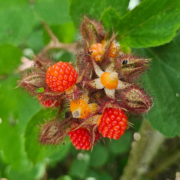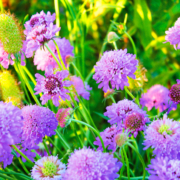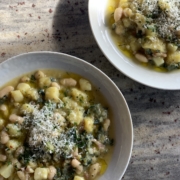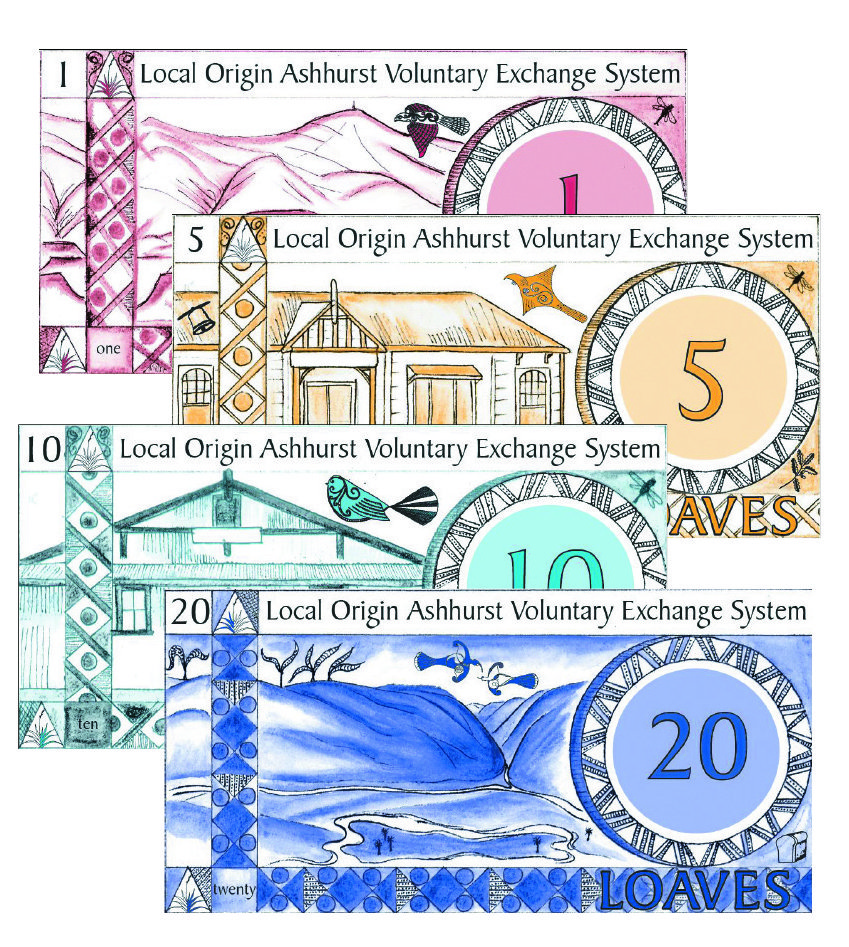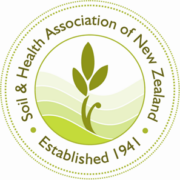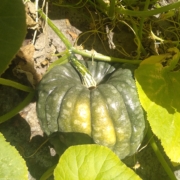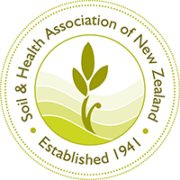The true value of a cup of coffee
You know the drill – you wake up bleary eyed, hit the snooze button a couple of times, and finally reach for the coffee – the liquid gold, the life source, the key to our ability to function.
It sounds dramatic (and maybe it is a bit), but according to the latest Coffee Market Report by ICO, world coffee consumption increased by 4.2% to 175.6 million 60kg bags in the 2021/2022 coffee year. That is A LOT of coffee, and the demand continues to grow.

Sacks of green beans (above) and roasted coffee (below) at the Kōkako roastery in Maungawhau, Mount Eden. Photo credit: Claire Mossong

On the flip side, green bean (unroasted coffee) exports are down in all major producing regions. Global exports in February 2023 totalled 7.94 million 60kg bags; down 20.23% from February 2022. Partly this is due to ongoing pandemic-induced freight issues – the other issue is a change in weather patterns. Extreme temperatures, floods, droughts, soil erosion and crop disease are affecting harvests with worldwide coffee production down 1.4% in the year 2021/2022. Climate change strikes again.
To see how the world is changing, all you need to do is look in your own backyard. So far 2023 has brought Aotearoa floods, a devastating cyclone and now tornados. The climate crisis is well and truly upon us.
Organics is climate action and choosing organic coffee that is grown with holistic, regenerative principles which promote the health of the soil as well as the workers is key – not just for combating climate change, but for ongoing coffee production.
Kōkako Organic Coffee Roasters have been championing organics since their inception in 2001, becoming officially certified by BioGro NZ in 2007 (They’re also a proud sponsor of Organic Week). As well as being certified organic, they’re also certified Fairtrade – and this dual certification continues to have a positive impact on both the environment and the wellbeing of the producers.

Kōkako MD, Mike Murphy with Daniel Kinne from HOAC (Highlands Organic Agricultural Cooperative) in Papua New Guinea. Photo credit: Josh Griggs.
All certified Fairtrade cooperatives that Kōkako purchases from must meet the Fairtrade standards. This means producers must take action to:
- Adapt to climate change
- Reduce greenhouse gases and increase carbon sequestration
- Avoid deforestation and protect forests
- Tackle soil erosion and increase soil fertility
- Reduce water wastage
Since it’s become clear that climate adaptation is now as important as climate change mitigation, the Fairtrade team are working on the ground with farmers to educate them on ways they can ensure business continuity and resilience. This includes maintaining coffee farms under forest canopies, which creates a microclimate for the trees and allows filtered sunlight into plantations, not to mention protecting coffee farmers and pickers from intense sunlight.
As plots of coffee trees on some farms come to the end of their useful life, they are able to be replaced with different coffee plant varietals that may be more climate resilient. Where these are planted, they are interspersed with other cash crops such as peanuts or banana trees and more mature canopy trees, creating a more diverse permaculture environment while also providing farmers with additional cash crops that can be harvested between coffee seasons. The nurseries that many coffee farms have created help to future-proof coffee cooperatives by ensuring that new plants are available within close proximity to existing farms.

HOAC Fairtrade coffee farmer, Sewege Moa, harvesting coffee cherries in Papua New Guinea. Photo credit: Josh Griggs
Fairtrade’s unique, two-pronged approach helps farmers become more resilient to climate change, whilst at the same time giving consumers, retailers and traders the opportunity to reduce their carbon footprint.
All this is underpinned by the Fairtrade Climate Standard. Firstly, farmers, producers and workers can spend the Fairtrade Premium – that’s the extra money they get from sales of Fairtrade certified crops and products – and organic differentials on projects such as tree planting, irrigation, crop diversification and clean energy, which are more sustainable on a local level but also contribute to the global fight against climate change. Fairtrade farmers and workers decide for themselves how the Premium money is spent, because it is they who know best what they need to become more resilient.

A village in the Neknasi Coffee Cooperative, in the Eastern Highlands of Papua New Guinea. Photo credit: Josh Griggs.
Secondly, Fairtrade Carbon Credits – which Kōkako has held for the last 7 years, in partnership with the Gold Standard – enable farming communities in developing countries to benefit from access to carbon finance to tackle the effects of climate change. Companies that offer Fairtrade certified products, like Kōkako coffee, can purchase Fairtrade carbon credits to compensate for the emissions in that product’s supply chain. Farmers get a double benefit from Fairtrade Carbon Credits because they get a minimum price to cover the costs of setting up and running a project, and in addition they can use the Fairtrade Premium on every credit sold to invest in adaptation and mitigation.
As well as being committed to operating sustainably, Kōkako is committed to doing it transparently. Every two years, they release a publicly available sustainability report, which outlines their goals and their progress in achieving them, as well as their plans for the future. Kōkako believes that business is inextricably linked to people and the environment, and while they don’t pretend to be perfect (you can also read about what hasn’t been achieved), they prefer to bring their customers along on their journey, and hope to inspire other businesses to take action – regardless of where they’re at in their own journey. You can read their most recent report here.

The Kōkako signature blend, Aotea – first made in 2001 and still going strong today.
So, what is the true value of that daily cup of coffee? When you weigh up the fact that it’s grown in remote regions around the world, harvested (often by hand) and then exported globally to meet a growing demand while the supply is under increasing threat, the answer is incredibly valuable. By choosing certified organic, Fairtrade coffee – you’re choosing to support a system that puts the wellbeing of people and the planet first. And that’s something to feel good about first thing in the morning.
Kōkako proudly supplies cafes, restaurants, and specialty grocers throughout the country. Their coffee and drinking chocolate is also available to purchase online. Last year, Kōkako launched a new dedicated grocery brand, Everybird, bringing their Fairtrade, organic coffee to over 100 supermarkets nationwide.

